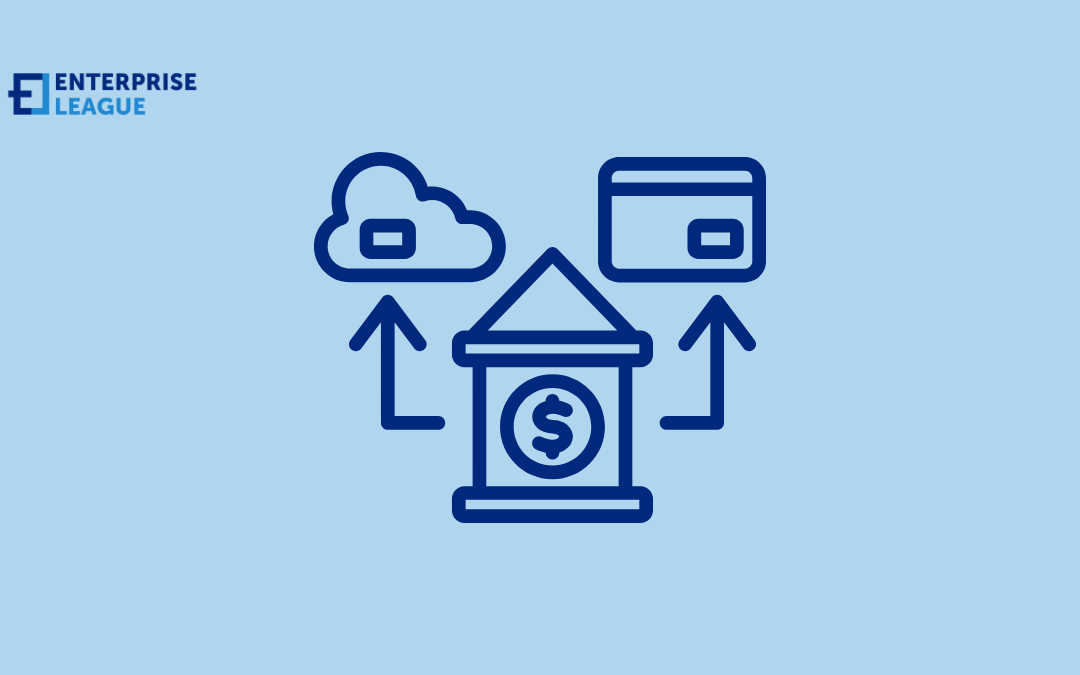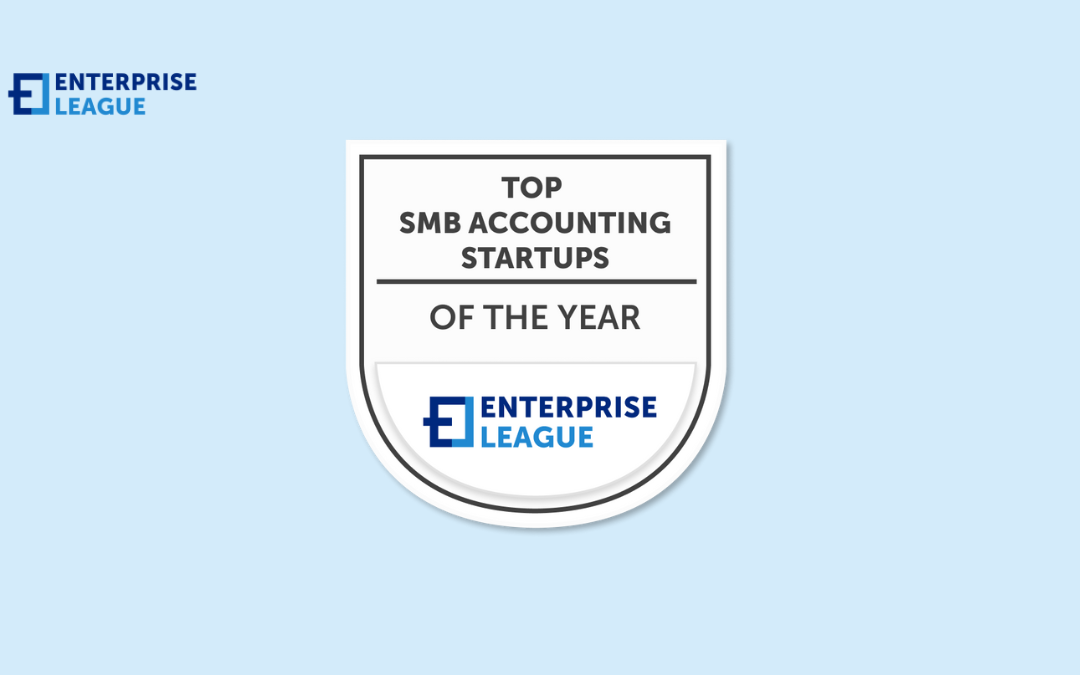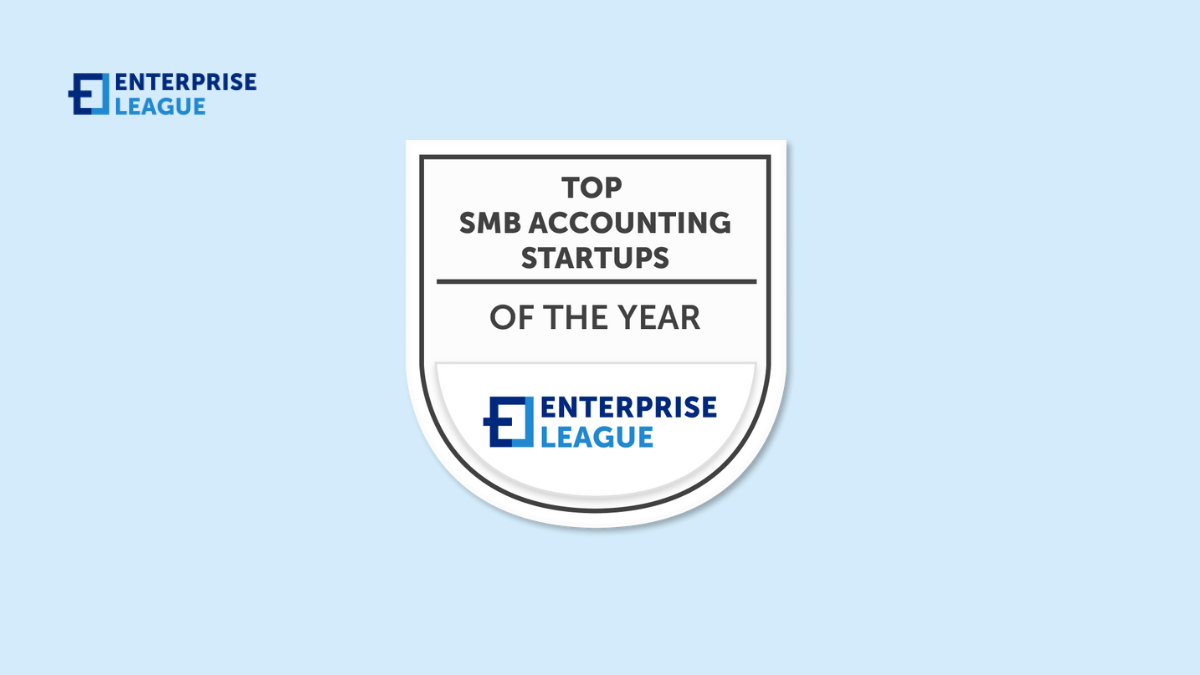Finding reliable storage can be challenging when space is limited or operations expand. Storage container rental services provide a flexible, cost-effective solution for business owners. The right provider impacts efficiency, security and timelines, so it's important...

Mastering the print-on-demand business model in 2025
With a market size predicted to reach $65.37 billion by the end of 2032, the print-on-demand business model stands out as a smart choice if you’re one of those creative entrepreneurs. Instead of guessing what inventory might sell, print-on-demand businesses create products only after customers place orders.
Whether you’re an artist who looks to earn from their work, a content creator expanding a brand, or a small business testing new waters, print-on-demand offers a low barrier to entry with impressive scaling potential. It’s the perfect option for small business growth, allowing you to bring your creative ideas to life without the stress of upfront costs or inventory, and it can help reduce operating costs by eliminating the need for warehousing and inventory management.
How print-on-demand works
When shoppers purchase from your online store, this triggers the production process, and by that, we mean your designs are printed on blank products only after someone has already paid. This just-in-time manufacturing eliminates guesswork, warehousing costs, and waste from unsold inventory. The charm lies in its accessibility, with minimal startup costs and technical knowledge, you can launch a global merchandise business from anywhere. This model helps reduce operating costs by eliminating the need for warehousing, inventory management, and excess manufacturing overhead.
Core principles of a print-on-demand business model
Instead of investing heavily upfront, you create products only after customers buy them, removing inventory risk and slashing startup costs. Your printing partners handle the technical heavy lifting, from production to shipping, while you maintain creative control and brand identity throughout the process.
This arrangement gives you remarkable flexibility to test ideas, respond to trends, and scale globally without the usual growing pains of expanding a physical business. The focus shifts from managing inventory to optimizing designs and marketing, carefully balancing price points with supplier costs to maintain healthy profits as you grow your creative enterprise. Pricing strategies play a crucial role here, helping you set competitive prices that cover costs while generating profit.
Building the right print-on-demand business
Creating a successful print-on-demand business combines flexibility with focused direction. Rather than creating generic designs for everyone, identify a specific niche with distinct tastes. Your business will thrive when you understand a particular community deeply, whether pet lovers, outdoor enthusiasts, or professionals in a specific field. With your audience defined, develop a cohesive brand identity, including visual style, tone, and consistent design themes. You’re not just selling products but creating an experience customers connect with emotionally.
- Choose the right print provider that balances quality, price, and reliability
- Research product types that best showcase your designs and meet your audience’s needs
- Establish quality control processes to ensure customer satisfaction
- Create a marketing strategy focused on reaching your specific audience
- Build an attractive, user-friendly online store optimized for conversions
- Develop a content calendar for consistent design releases and promotions
- Set up analytics to track which designs and products perform best
Finding this balance requires experimentation and patience. Be prepared to test different designs, products, and marketing approaches, paying close attention to what resonates with your audience and adjusting your strategy accordingly.
Print-on-demand business model vs. Traditional business model
Print-on-demand and traditional retail represent fundamentally different approaches to selling physical products.
- Traditional retail requires upfront inventory investment before any sales occur
- POD creates products only after customers have already paid for them
- Traditional businesses need warehouse space and inventory management systems
- POD entrepreneurs outsource production, storage, and shipping entirely
- Traditional models allow complete control over product quality and production timing
- POD businesses trade some quality control for significantly reduced financial risk
- Traditional retail typically yields higher profit margins on individual products
- POD offers the ability to test unlimited designs with zero inventory waste
- Traditional businesses face challenges when pivoting to new product lines
- POD can instantly update offerings to follow trends or customer feedback
The difference lies in the sequence, while traditional retail buys or makes products hoping they’ll sell, print-on-demand sells products before they even exist.
Conclusion
If you’ve got ideas and an eye for what people might love, the print-on-demand business model gives you a chance to test your vision without betting the farm. Start small, learn what resonates with your audience, and grow at your own pace. With such a promising industry future, you’re definitely not alone in seeing the potential here. So, why not give your creativity a chance to become something tangible?
More must-read stories from Enterprise League:
- How successful local businesses can give back to the community.
- The only list of novels for entrepreneurs that you will ever need.
- The importance of customer-focused strategy for your business.
- Engaging online networking events that you should not miss.
Related Articles
Need Help Finding Top-Rated Storage Container Rental Services? Here Are the 7 Top Options in Oklahoma City
What Are the Best Value Cleaning Solutions for High-Volume Car Washes? 5 Options for Managers
For high-volume car wash businesses, the right chemical supplier is the backbone of their operations. Today's competitive marketplace demands bulk solutions that are effective, reliable and tailored for maximum throughput. Whether you operate automated tunnels, in-bay...
What’s the Best Parcel Auditing Company? Here Are the 5 Top Options
With shipping costs on the rise and carrier invoices growing increasingly complex, businesses face significant challenges in managing their logistics expenses. Rising costs can often lead to inefficiencies and lost savings. Working with a parcel auditing company is a...
What’s the Best Luxury Powerboat Company? Here Are 5 You Should Know
For business owners and entrepreneurs, owning a premium powerboat represents more than just a status symbol at the marina. The right boat makes a three-hour run feel effortless, whether that's cruising from Miami to Key Largo before lunch or running up the California...
Who Offers Free Roofing Estimates? 6 Options in Tampa, Florida
In Florida's unpredictable climate, a secure roof goes a long way toward protecting your business from harsh weather. Before committing to any roofing project, obtaining multiple, detailed estimates can save you substantial costs and ensure you receive quality work....























